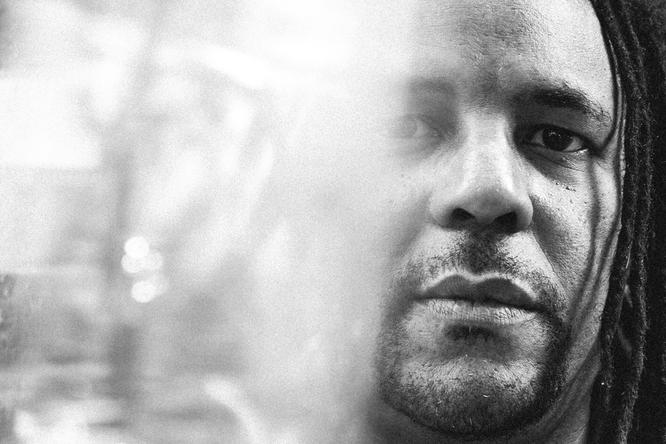You packed so much 19th- and 20th-century black philosophical thought into the novel without it feeling didactic. Can you talk about the importance of why it was important to put that lens in there?
I think had I’d written it five years ago... a lot of the big scenes in the novel would have been longer when I was younger. Now I wanted to be more concise and be a little more spare in my treatments. Like the Museum of Natural Wonders would have been like a huge set piece if it was in
John Henry Days
, but here I thought,
Two pages, I did it, let’s move on. It’s over. Let’s not over do it.
So I think it was a less hectoring quality in a sense. And then all those debates that are happening on Valentine Farm are happening now. Can we uplift the damaged slave or are they too far gone? Can we uplift our inner-city stereotype of a black person or are they too far gone? Who’s going to carry the torch of The Talented Tenth? Who can we save? Who can we leave behind? All those arguments, they were Duboisian and Booker arguments and they’re still going on now. “Pull up your jeans!” So those echoes were sort of obvious and apparent.
In terms of the Slave Patrol, that was an early stop-and-frisk force. Where are your traveling papers? You’re free or you’re enslaved; if you don’t have the correct ID, you’re going to get beaten. Same thing now. So it didn’t take a stretch to make the comparisons. They’re pretty natural because many things have changed of course. We’re here writing, working, in a white-dominated publishing world, but we probably wouldn’t be sitting in Frankie’s having this conversation 50 years ago, but obviously if you just look at the rhetoric around Trump rallies or walk down the wrong street or drive your car too fast in the wrong neighborhood, we quickly rediscover—it

The whipping post is an inherent stage in the slave narrative so we’re reading this as spectators. Did you think about how the reader would interact with the work?
Cora talks about being observed by the overseer. She’s always under threat of not acting within the accordance of the rules of the plantation and then she’s on display in the museum. Then a powerful moment for her is when she can look out past the window and give the evil eye to people and take some agency. Cora is the reader’s witness to the horrors of the plantation and beyond, but the more wisdom she gains and more experience she gathers, she’s more than the spectator and gains more agency. Seeing and being seen is important. As a writer who’s dealing with history and dealing with things that are known but maybe not as much as they should be such as the Tuskegee syphilis experiment or sterilization programs, I’m trying to testify for people, testify for my ancestors in a certain way. I’m taking liberties with the historical record, but hopefully Georgia does seem like a realistic plantation and I am honoring the names of my family who went through that. I don’t know their names or what states they were in, but before I do my deformations to history, I want to have one realistic chapter where I’m playing it straight.
I want to talk about crazy women for a minute regarding the women of Hob. One of my favorite moments in Edward P. Jones’s
The Known World
is when we find out that Alice Night is not, in fact, crazy at all. It was an act of subversion. Will you talk a bit more about undesirable women and how the notion of “unfixable” women unfolds in
The Underground Railroad
.




